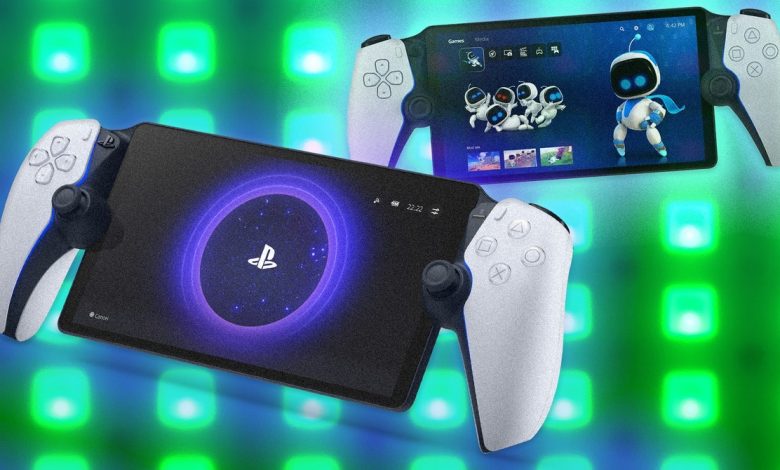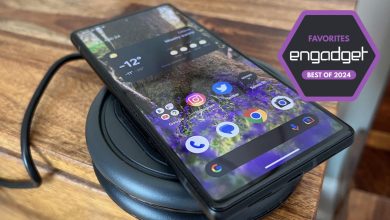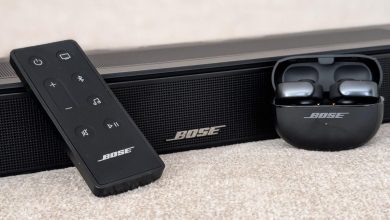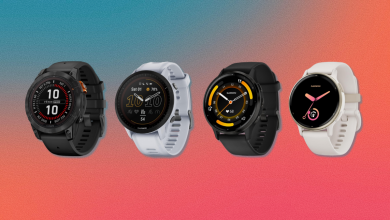Does Cloud Gaming on PlayStation Portal Mark the End for Consoles?

As cloud streaming for Portal is in beta, there are lots of lacking options, although. Customers will not have the ability to play “streaming video games bought on PS Retailer,”—solely these included within the subscription-dependent Premium catalog—and it is restricted to PS5 titles. PS3 and PS4 video games are explicitly excluded, which appears barely odd.
Sport trials are additionally locked out, as are some system options, similar to get together voice chat, 3D audio help, or “in-game commerce.” That final one’s most likely a great factor to go away out for now—the very last thing anybody needs is a dropped connection probably messing up a DLC transaction involving actual cash.
Sony says video games could be streamed at as much as 1080p full HD high quality at 60 fps, with save knowledge in a position to be transferred over the cloud, too. “As much as” is essential although—you may want a minimal 5 Mbps of up/obtain speeds to even set up a cloud gaming session, with 720p high quality requiring a minimal 7 Mbps, and 1080p needing 13 Mbps. Realistically, primarily based on comparable recreation streaming providers and the Portal’s personal efficiency even on an in-home community, count on to want even increased speeds for a viable expertise.
Finish of the Console Period?
What’s significantly attention-grabbing right here is timing. Portal because it launched was basically an evolution of the identical Distant Play function that Sony has been providing in numerous incarnations for many years—PSP used the earliest model of the tech to hook up with PS3 again in 2006, adopted by PS Vita pairing with PS3 and PS4.
These days, virtually any machine with a display, an web connection, and a paired controller can use Distant Play to stream a mirror of your PS5—Portal was only a devoted little bit of equipment to try this on. The introduction of cloud gaming could make Portal that bit extra feature-rich, however it could additionally level to a rising development amongst console producers to go away the console behind solely.
Take Sony’s arch gaming rival Microsoft—its present advertising and marketing push is that just about something “is an Xbox.” A big a part of that hinges on accessing Xbox providers “with the assistance of Cloud Gaming,” turning any machine with a display, an web connection, and a paired controller (sound acquainted?) into an Xbox.
Nintendo, in the meantime, has allowed sure video games to launch on the Change as cloud-only titles, and though that is often restricted to titles which can be sometimes too demanding or too massive for the Change to run natively (similar to Resident Evil Village or Marvel’s Guardians of the Galaxy), it reveals even the notoriously conservative Japanese firm is not averse to no less than experimenting with video games that solely exist within the ether.








